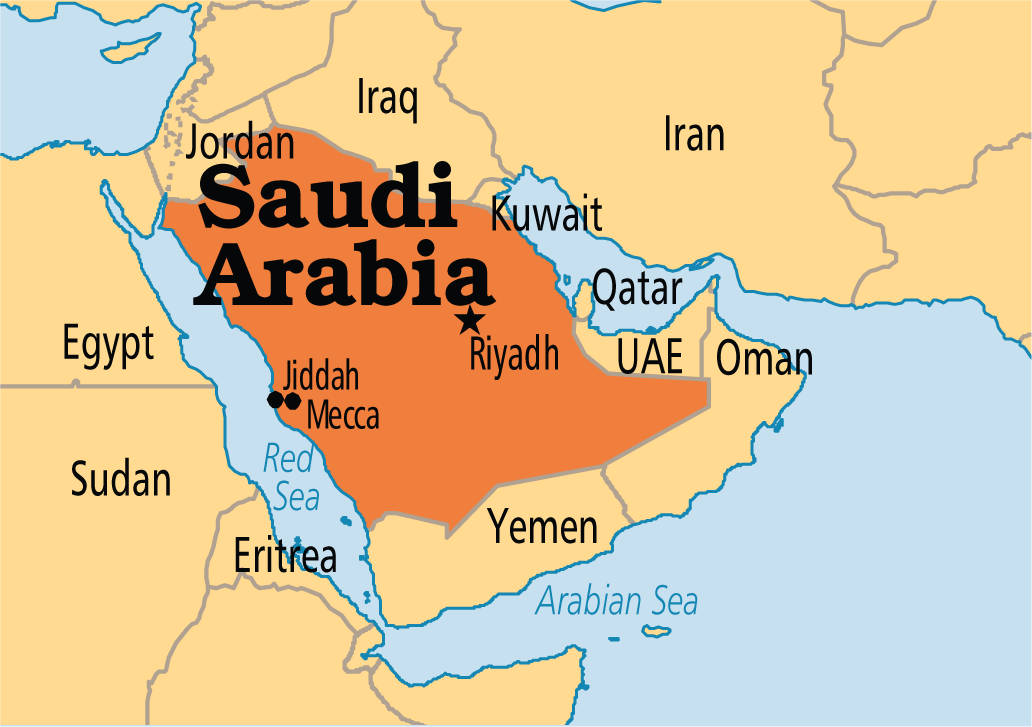International Relations
Reforms in Saudi Arabia
- 27 Apr 2020
- 4 min read
Why in News
Recently, Saudi Arabia has abolished flogging (whipping or lashing) as a form of punishment and the death sentence for minors.
- The Islamic kingdom has no codified system of law. The individual judges interpret Islamic law (Sharia) and come up with their own sentences.
Key Points
- Abolition of Flogging as Punishment:
- Before abolition, flogging was mandatory as a form of corporal punishment and could extend to hundreds of lashes.
- Courts ordered it for murder, breach of peace, homosexuality, consumption or possession of alcohol, adultery and insulting Islam, among others.
- Abolition of Death Sentence for Minors:
- It ensures that no-one who committed crimes as minors could receive the death sentence for those crimes. Instead, the individual will receive a prison sentence of no longer than 10 years in a juvenile detention facility.
- However, there is a possibility of exception for people who carry out terrorism-related crimes as minors.
- The practise of capital punishment for crimes committed by people under the age of 18 was in contradiction to the United Nations Convention on the Rights of the Child.
- However, the country still practices public executions and other forms of corporal punishment such as amputation for theft. It has been criticised for them as well.
- Human rights organization Amnesty International lists Saudi Arabia as one of the world’s most prolific executioners, after Iran and China. In its latest report, it said the kingdom had executed 184 people in 2019.
- The country has also been widely criticized for the continued repression of dissidents and political activists.
- The Specialised Criminal Court (SCC) jurisdiction was expanded from the trials of alleged violent extremists to include political dissidents, religious minorities and human rights activists.
- SSC was created in 2008 to prosecute detainees held after the 2003 terrorist attack claimed by al-Qaeda.
- Reforms Taken
- Saudi Arabia’s Crown Prince Mohammed bin Salman has overseen a series of social and economic reforms known as ‘Saudi Vision 2030’.
- These are aimed at modernising the country, reducing its dependence on oil, expanding its economy, developing the public service sector and bringing it in line with international human rights norms.
Other Earlier Reforms
- In 2018, Saudi Arabia lifted the ban on women drivers.
- Before the ban was lifted, the law made it compulsory for every woman to have a male guardian and seek their consent for almost everything.
- Prior to the change in the law, Saudi Arabia was the only country in the world that did not allow women to drive.
- In 2019, the country reformed the laws relating to women.
- Women over the age of 21 would be able to receive passports and travel abroad without permission from a male guardian.
- Apart from that, women can also be able to register the marriage, divorce or the birth of children and obtain family documents.
- They can now also be the legal guardian of their children, a position hitherto reserved for men.





